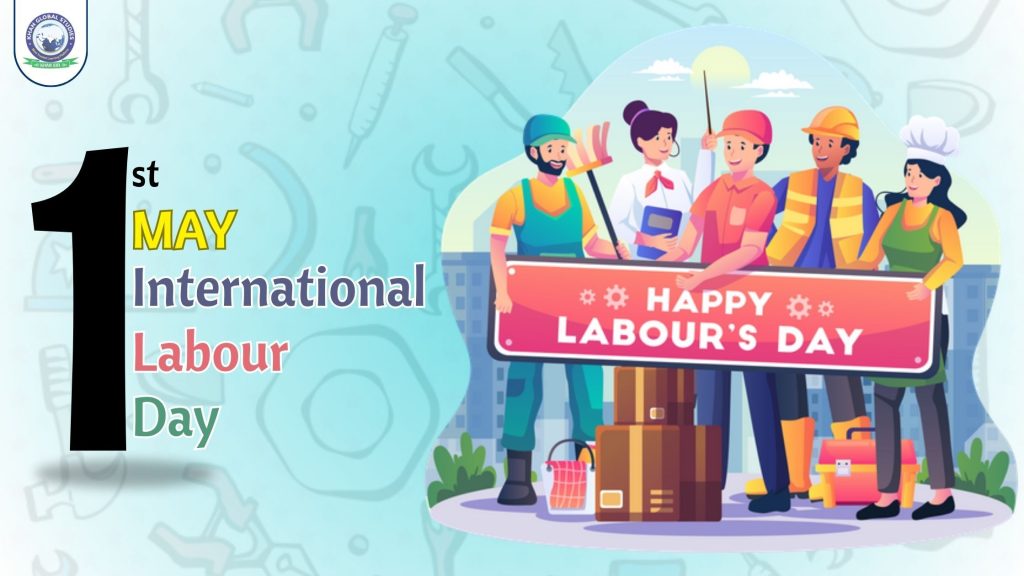International Labour Day, also known as May Day or Labour Day, is celebrated across the world on May 1 every year. This day is dedicated to honoring the hard work, dedication, and struggles of laborers to protect their rights. It is not merely a holiday but a symbol of the social and economic achievements of the working class.
History of International Labour Day
The origin of this day traces back to 1886 in the city of Chicago, USA, where workers initiated a massive movement demanding an 8-hour workday.
On May 1, 1886, thousands of workers went on strike and took to the streets. This movement became known as the Haymarket Affair, which involved violent clashes between police and protesters.
In 1889, during the Second International Congress held in Paris, a resolution was passed to observe May 1 as International Workers’ Day. Since then, many countries across the globe have celebrated this day in honor of workers.
Beginning of Labour Day in India
In India, Labour Day was celebrated for the first time on May 1, 1923, in Chennai (then Madras).
This initiative is credited to Communist leader Singaravelu Chettiar, who organized a public meeting in front of Madras High Court to give formal recognition to the day.
Objectives of Labour Day
- To protect the rights of workers
- To provide social and economic security to laborers
- To ensure fair working hours
- To support better workplace environments and safety standards
- To prevent the exploitation of workers
Significance of Labour Day
- Social Justice: It inspires the realization of equality, justice, and dignity for workers.
- Dignity of Labour: It emphasizes that no work is small; labor is the foundation of nation-building.
- Symbol of Unity: It reflects the unity and collective efforts of the working class.
- Policy Reforms: Labour Day has led to significant reforms in labor laws and policies in many countries.
Workers’ Rights
- Right to fair wages
- Health insurance and social security
- Safe working conditions
- Right to form unions and associations
- At least one weekly day off
Current Status of Workers:
- With technological advancement, globalization, and the rise of the gig economy, the labor sector has seen many changes.
- Although governments are making efforts through various schemes to support workers, laborers in the unorganized sector still face numerous issues such as:
- Inadequate minimum wages
- Job insecurity
- Lack of healthcare facilities
Major Schemes by the Government of India:
- e-Shram Portal: National database for unorganized workers
- Pradhan Mantri Shram Yogi Maandhan Yojana
- Atal Beemit Vyakti Kalyan Yojana
- MGNREGA (Mahatma Gandhi National Rural Employment Guarantee Scheme)
Conclusion:
International Labour Day is not just a date—it symbolizes the struggles, sacrifices, and hard work of laborers.
This day reminds us that the progress of any nation is dependent on the efforts of its workers. Therefore, it is our collective responsibility to honor them and safeguard their rights.





